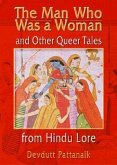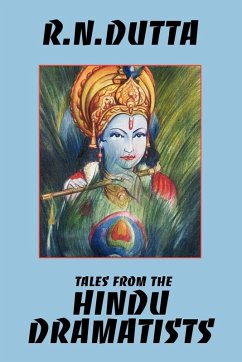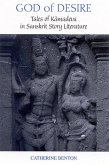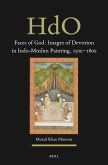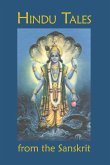India's folklore and classical literature abound with stories of parents who sacrifice their children. In The Hungry God, David Shulman examines one set of such tales - Hindu texts that bear similarities to the biblical aqedah, the account of Abraham's near-sacrifice of Isaac. In all the stories that Shulman explores, the sacrifice proceeds from a divine command and has no utilitarian explanation or rationale. Both the biblical and Indian aqedah texts are central to their cultures: later texts resume the narrative, rework its premises, and develop its paradigmatic character so that it comes to function as a "root metaphor" for its civilization. Shulman traces this history by unraveling the cumulative and sometimes conflicting meanings of the Hindu aqedah texts. Three Hindu tales figure most prominently in The Hungry God. First, there is the South Indian story of Ciruttontar (Siriyala), who kills and cooks his son to feast the god Siva. Shulman traces the development of this story through the medieval Telugu sources, which are often openly hostile to both the god and his murderous devotee. He then turns to the story of Sunahsepa, nearly slaughtered by his cruel father. Shulman studies this most famous Indian tale of child sacrifice in both its ancient Vedic form and in later epic and mythological versions. The third tale is that of Suka, who learns yoga from his father and then - to his father's infinite grief - disappears into the Absolute. Throughout, Shulman is sensitive to the tones and overtones of each text. In his final chapter he contrasts the Hindu tales of child sacrifice and their counterparts in Hebrew and Greek. At the heart of The Hungry God lies a series of fundamentalquestions: Why does God make such horrific demands on those he loves? Why do his followers obey? Is the meeting between human beings and their God inherently pregnant with ultimate pain?
Hinweis: Dieser Artikel kann nur an eine deutsche Lieferadresse ausgeliefert werden.
Hinweis: Dieser Artikel kann nur an eine deutsche Lieferadresse ausgeliefert werden.



